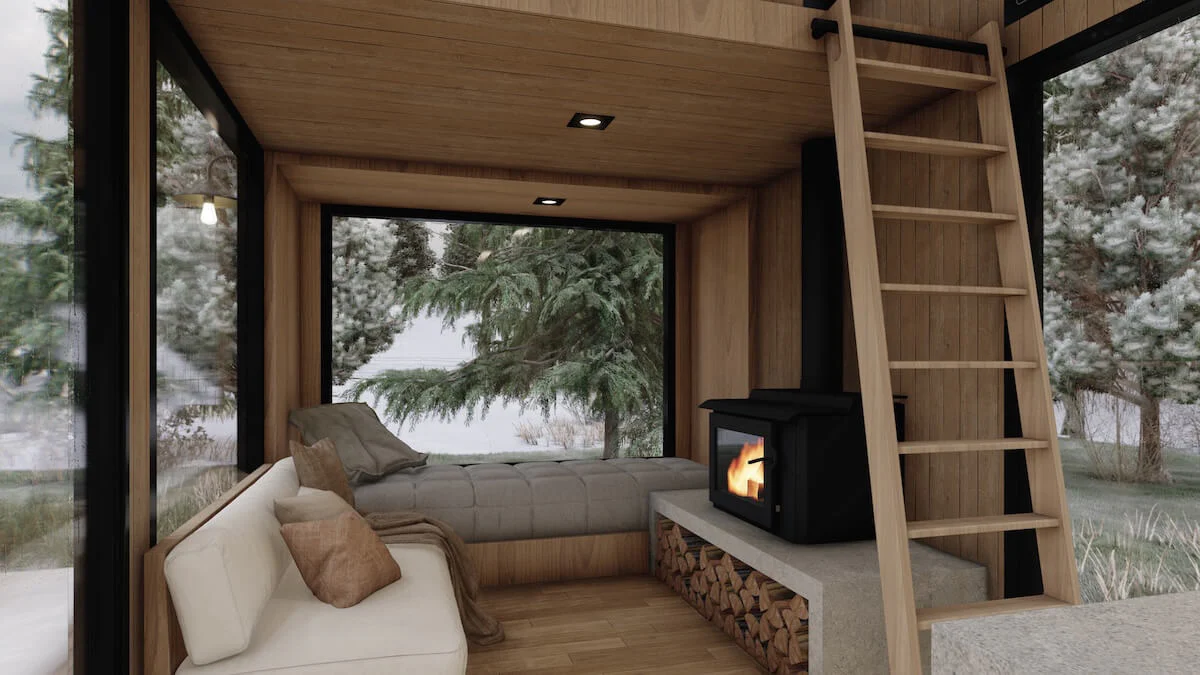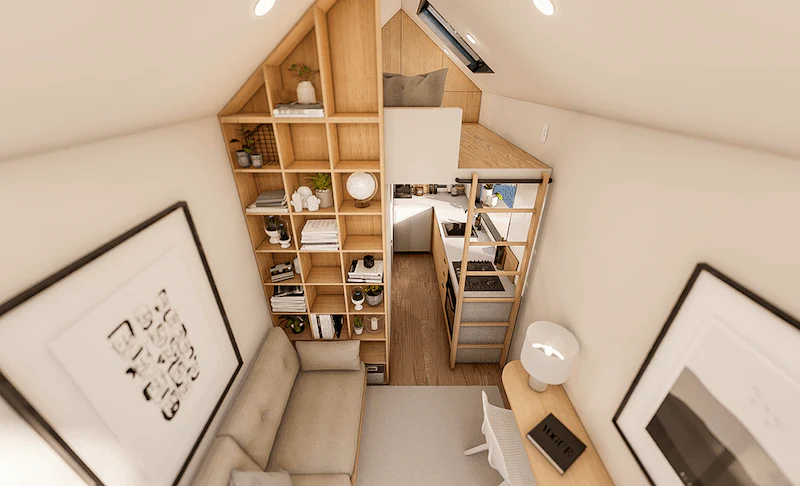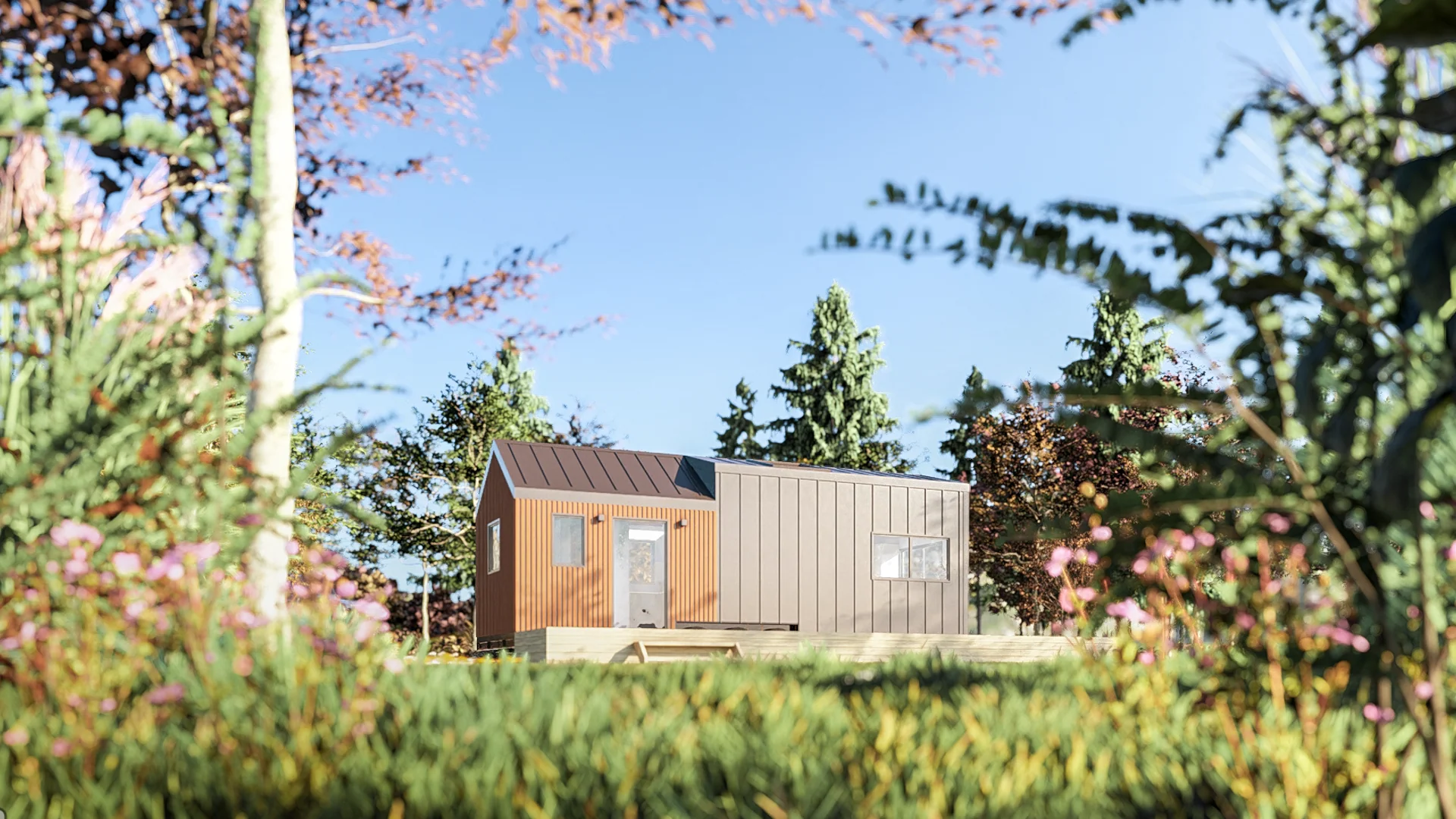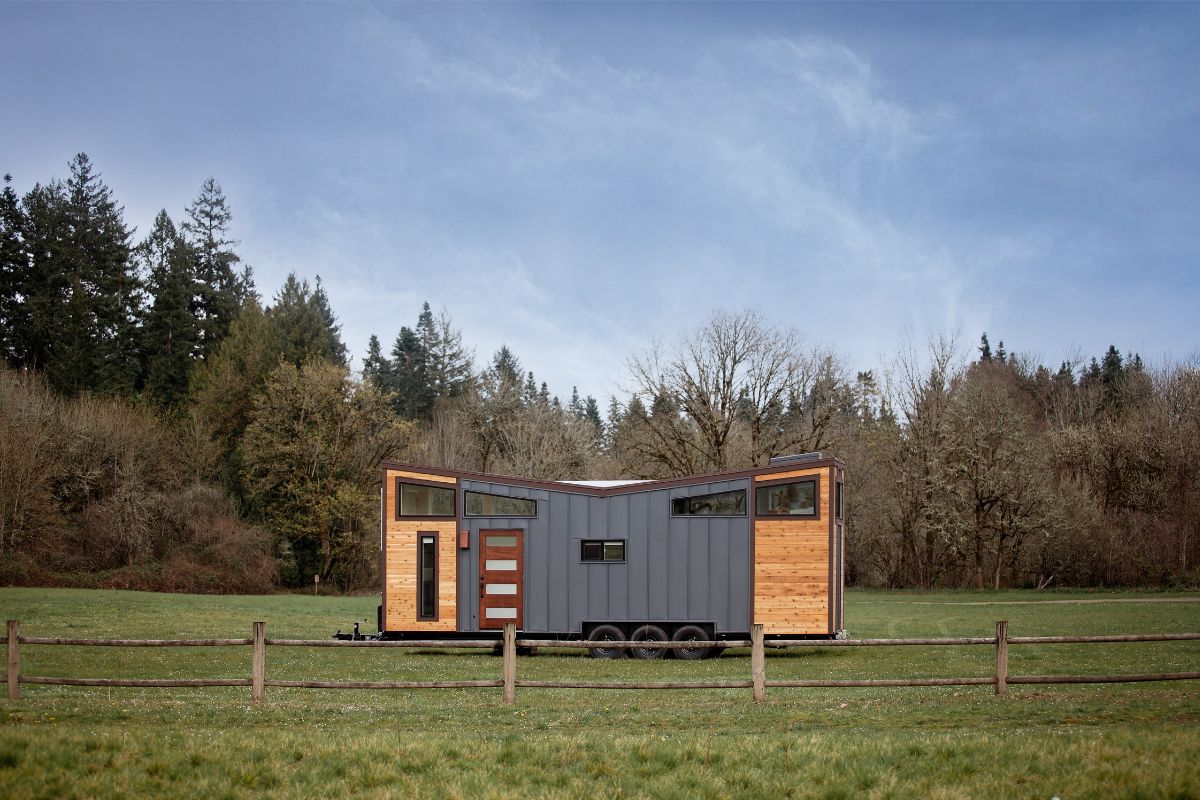Upgrade Your Habitat: Innovative Home Improvement Ideas and Techniques
.jpg)
Setting out on a home improvement project is a task filled with exciting choices, innovative concepts, and numerous decisions. It's through these enhancements that your house becomes more than just a building. It turns into a reflection of your personal taste and lifestyle preferences.
The key driver behind this transformation? Innovation. This crucial element has considerably changed the home improvement landscape, bringing an array of advanced, yet accessible, solutions to the table.
Keep on reading and let’s talk about the most innovative ways to upgrade your home. Doing these things can make your house a better place to live. Not to mention, if you plan on selling, these upgrades can also help increase your property’s value.
The Impact and Importance of Innovative Home Improvement
Whether it's an aesthetic upgrade to enhance your living experience or a strategic renovation aimed at augmenting property value, the innovative approach to home improvement has opened up a world of possibilities.
Consider how upgrading your dwelling extends beyond the mere cosmetic enhancement of space. With the strategic use of cutting-edge designs, sustainable materials, and space-efficient techniques, your abode can metamorphose into a sanctuary of comfort, style, and function. It's not just about adapting your home to fit current trends; it's about leveraging innovation to mold a living space that caters to your specific needs while also being adaptive to future demands.
Furthermore, it's worth noting that embracing innovative home improvement can significantly bolster the financial worth of your property. Potential buyers and real estate evaluators place a high value on homes that incorporate modern, innovative elements. By integrating these improvements, your home stands out, becoming an attractive investment proposition.
Innovative Home Improvement: Ideas and Techniques
Home improvement, much like a thrilling expedition, calls for a powerful ally. This is where innovation takes center stage, providing transformative concepts and strategies that redefine our living spaces with an infusion of modernity and practicality. Even if you have a tiny home, you can take advantage of several upgrades, including those we’ll talk about below.
Sustainable Options
In today’s contemporary world, sustainability is far from being a mere trend—it is a vital responsibility that resonates globally and has seeped into the domain of home improvement. Adding green elements to your home doesn't just limit your energy usage. It also plays a significant role in mitigating your home's overall environmental footprint.
Solar panel installation is one of the best ways to become sustainable. Doing so can drastically cut down your reliance on conventional grid electricity. Even better, it provides clean, renewable energy that aids in environmental conservation. Over time, this investment not only pays for itself but also contributes positively to your home's energy efficiency and environmental sustainability.
Another remarkable yet practical example is setting up a rainwater harvesting system. This simple but effective mechanism captures and stores rainwater, which can be used for various purposes like watering plants, washing cars, or even flushing toilets after appropriate treatment. This dual-purpose system aids in water conservation—a critical aspect of environmental sustainability—while also providing a reliable, alternative water supply for non-potable needs.
Additionally, you might want to explore the world of sustainable building materials. From recycled steel and bamboo to reclaimed wood and low-VOC paints, these eco-friendly alternatives can significantly reduce your home's environmental impact during both construction and the lifecycle of your home.
Lastly, sustainability does not merely rely on grand home upgrades. Instead, it could also be as simple as changing the things you use. For instance, you might want to look at the possibility of choosing toilet paper safe for septic systems. They are made of eco-friendly materials that naturally dissolve after flushing, which can also result in less maintenance.
Space-Saving Designs
Foldable or multifunctional furniture stands at the forefront of space-saving innovations. Consider a wall bed that folds up when not in use, freeing up floor space during the day for a home office or exercise area. A coffee table that expands into a dining table or a sofa that doubles as a guest bed can also be transformative, providing versatility and functionality without sacrificing comfort or style.
Beyond multifunctional furniture, another strategy to maximize space lies in vertical utilization. Wall-mounted furniture such as desks, cabinets, or shelves, can drastically free up floor space and make the room feel more open and navigable. Moreover, floor-to-ceiling storage can turn an unused wall into a practical and visually pleasing element of your room.
Innovative space planning can also make a big difference. For instance, an open floor plan can make your home feel larger and more connected. Using mirrors strategically can also give the illusion of a larger room while providing a stylish element to your decor.

Smart Home Technologies
In today’s digital era, it’s unsurprising that technology is changing our homes. Smart home technologies offer not only convenience but also heightened energy efficiency and security.
Consider automated lighting systems, which adjust based on the time of day or even your routine. These systems reduce energy wastage by ensuring lights are only in use when necessary. Intelligent thermostats also fall into this category. These devices learn your preferred temperature settings over time, adjusting automatically to create the perfect room climate while optimizing energy use.
Moreover, smart home technologies go beyond lighting and climate control. For instance, smart appliances like refrigerators, washing machines, and ovens can be programmed and controlled remotely, adding an additional layer of convenience to your home.
On the safety front, smart locks offer keyless entry and can be controlled remotely. They allow you to monitor and control access to your home from anywhere. Meanwhile, smart security cameras provide real-time surveillance. They’re often accessible right from your smartphone, offering peace of mind and enhancing your home's security.
Additionally, most of these technologies can be seamlessly integrated and controlled via a central hub or smartphone app, making their operation intuitive and user-friendly.
Implementing Innovation with Technological Tools
Technology's impact on home improvement extends beyond the final product. It's revolutionizing the renovation process itself, providing powerful tools to help visualize, plan, and execute projects with an unprecedented level of precision.
At the heart of this revolution is 3D modeling software. This tool enables you to visualize your planned modifications in a detailed, virtual environment. From rearranging furniture to tearing down walls, these models allow you to see the outcome of your ideas before investing significant time and resources into the actual changes.
Taking this concept a step further, virtual reality (VR) offers immersive walkthroughs of your redesigned space. With VR, you can not just see but also experience your new design. This technology provides a sense of scale and perspective that 2D drawings or 3D models might not capture as effectively, providing an additional layer of validation before you proceed with actual renovations.
Furthermore, augmented reality (AR) applications can project potential new furniture or decor elements into your existing space, helping you make purchase decisions with confidence.
Conclusion
Home improvement is no longer simply about aesthetics and basic utility; it's about leveraging innovation to make homes more efficient, sustainable, and attuned to our evolving lifestyle needs.
By harnessing the potential of sustainable practices, space-saving designs, smart home technologies, and planning tools powered by 3D modeling and virtual reality, we are transforming our homes into future-ready living spaces.









